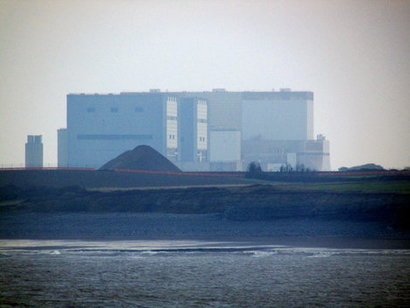
According to the Solar Trade Association (STA), the change in policy will further tilt the playing field in the energy market, when low-cost solar is still effectively shut out of competitive markets. Greg Clark’s announcement indicated that the Government could invest in Wylfa Newydd, marking a a significant shift in energy policy towards explicit state investment in energy projects. The energy market is already highly distorted by Government interventions.
The announcement comes at a time when the utility solar industry has been waiting more than three years for access to competitive UK clean power auctions, where it can offer power at close to wholesale price. Rooftop solar on warehouses and factories, meanwhile, has been stalled by crippling business rate hikes, despite the fact that it no longer requires Government subsidy.
“When Hinkley Point C was given the green light three years ago, we pointed out that the UK solar industry could already supply clean power at half the price” said Solar Trade Association CEO Chris Hewett. “Since then, solar prices have fallen even further, and storage technology is commercialising rapidly. Today solar combined with energy storage can provide low-cost, flexible power whilst supporting a smart energy pathway the Government's own analysis shows can save consumers billions of pounds”.
The STA believes that it is essential that barriers to solar power be removed and that the Government allow the technology to compete on a level playing field. If not, the UK will find itself working against the tide of technological change and market forces, inflicting huge costs to consumers and the British economy.
Chris Hewett also said that the Government has even been warned of such by their own adviser - Professor Dieter Helm - Professor of Energy Policy at the University of Oxford, and Fellow in Economics at New College, Oxford. Professor Helm has pointed out that nuclear has a much higher risk of becoming a stranded asset given the rapid technology change being driven by solar, electric vehicles, digitalisation and storage.
A per megawatt hour (MWh) strike price of £77.5 has been agreed for power from the Wylfa Newydd power station for the duration of the project’s 60 year lifespan, and the plant will not start generating electricity until 2025 at the earliest. Meanwhile, the cost of UK utility-scale solar PV generation has fallen by approximately 20 percent per year since 2014 and is currently estimated at £50 to £55 per MWh.
Image: Hinkley Point nuclear power station in South West England
For additional information:

